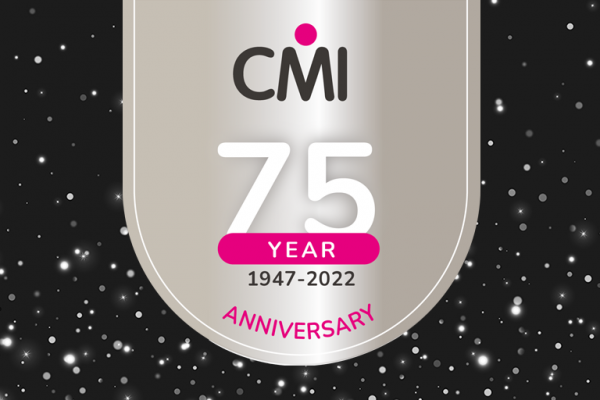Let’s talk about Disability in the workplace
Thursday 17 February 2022
1 in 5 of the working-age population in the UK are classed as disabled. That’s over 8 million people. Yet, just 52.7% were in employment in the second quarter of 2021 compared to 81.0% of non-disabled people. What’s more, the disability employment gap now stands at 28.4 percentage points between disabled and non-disabled people.
Defining Disability…
Under the Equality Act 2010, a person has a disability if they have a physical or mental impairment that has a ‘substantial’ and ‘long-term’ negative effect on your ability to do normal daily activities.
- ‘substantial’ is more than minor or trivial, e.g. it takes much longer than it usually would to complete a daily task like getting dressed
- 'long-term’ means 12 months or more, e.g. a breathing condition that develops as a result of a lung infection
We recognise that not everyone thinks this is the best definition. Disabilities can be diverse and affect people in a myriad of different ways. They can encompass a range of health conditions and personal situations, which may be visible or invisible, temporary or long term.
Some therefore feel that the Equality Act does not adequately capture the perspective of lived experience. They may prefer instead to define disability under the social model. See Inclusion London’s explanation for more detail on this.
Barriers still remain
Whilst there are signs of improvement year-on-year, there is still some way to go before we achieve total disability inclusion in the workplace. According to UK disability charity Leonard Cheshire, in November 2021 1 in 5 employers were less likely to employ disabled people. Research by TUC also found that during the pandemic disabled workers were twice as likely to say they were concerned about losing their jobs than non-disabled workers.
Better outcomes all-round
These statistics are shocking given that disabled employees offer fresh perspectives and diverse creative solutions that ultimately stem from the resilience of live experience and allow employers to achieve better outcomes.
The most productive working environments arise when employers have listening, receptive workplace cultures. CMI highlighted an inspiring example last year in which a former lawyer who sustained a brain injury secured an admin role with the Ministry of Defence. Reasonable adjustments such as flexible hours and remote working have enabled her to excel, achieving a promotion and finding a new sense of pride.
Employers are taking note, with Capgemini UK proactively championing disability diversity and inclusion by participating in a number of initiatives and spearheading campaigns, such as ‘Now You See Me’. As such, it has ranked 1st in the Inclusive Companies' Top 50 Inclusive UK Employers for 2021/22. These instances show that true inclusion is only achievable when disabled staff feel they can speak openly about their needs and get sufficient support in response.
What do you think?
What have you seen in your organisation that supports disability inclusion? What more could individual managers and leaders do?
CMI is conducting a series of polls as part of a project into what ‘good’ looks like in the 21st century for modern management and leadership, and the implications for best practice. The aim is to help us make practical recommendations that organisations, leaders and government can implement to maximise the talents of all workers.
January saw the third poll on gender; this month we are surveying on disability. Take part in CMI’s poll now to share your thoughts on what works and what more organisations could be doing. The poll will close at 5pm on Friday 25th February.
You might also like these posts on this topic:
Actions from The Everyone Economy: be the manager who makes a difference
Inclusivity boosts performance and it’s up to individual managers to roll out the action plan. Make your pledge today
Reasonable adjustments: The “significant management knowledge gap”
To attract and retain disabled talent, managers need to get better at understanding and implementing reasonable adjustments
How to be an LGBTQIA+ ally as a manager
“Allyship is more than just saying, ‘We are pro-LGBTQIA+’”. It’s about active buy-in and a willingness to learn
Breaking the “class ceiling”
A short video history of class in the workplace – and why management is the answer to social mobility in the 21st century
Don’t miss out - get notified of new content
Sign-up to become a Friend of CMI to recieve our free newsletter for a regular round-up of our latest insight and guidance.
CMI members always see more. For the widest selection of content, including CPD tools and multimedia resources, check out how to get involved with CMI membership.
Article
Our extensive range of articles are designed to keep you in the loop with all the latest management and leadership best practice, research and news.
Members See More
CMI Members have access to thousands of online learning and CPD resources. Learn more about our membership benefits
Join The Community
CMI offers a variety of flexible membership solutions, tailored to your needs. Find out more and get involved in the CMI community today.
